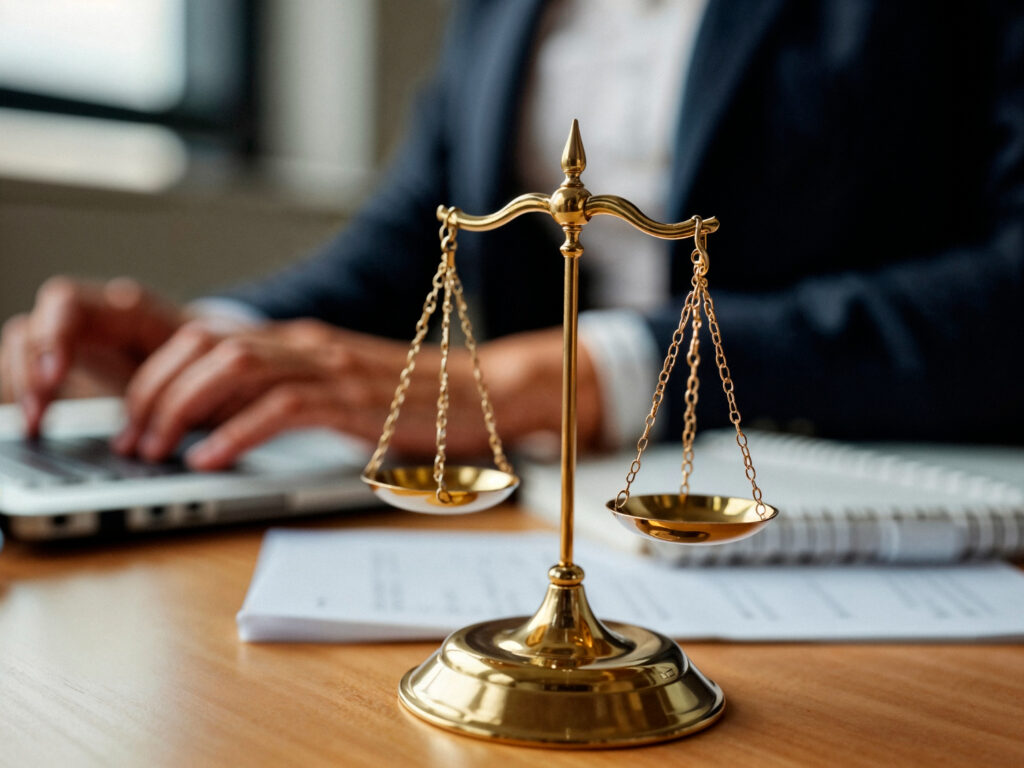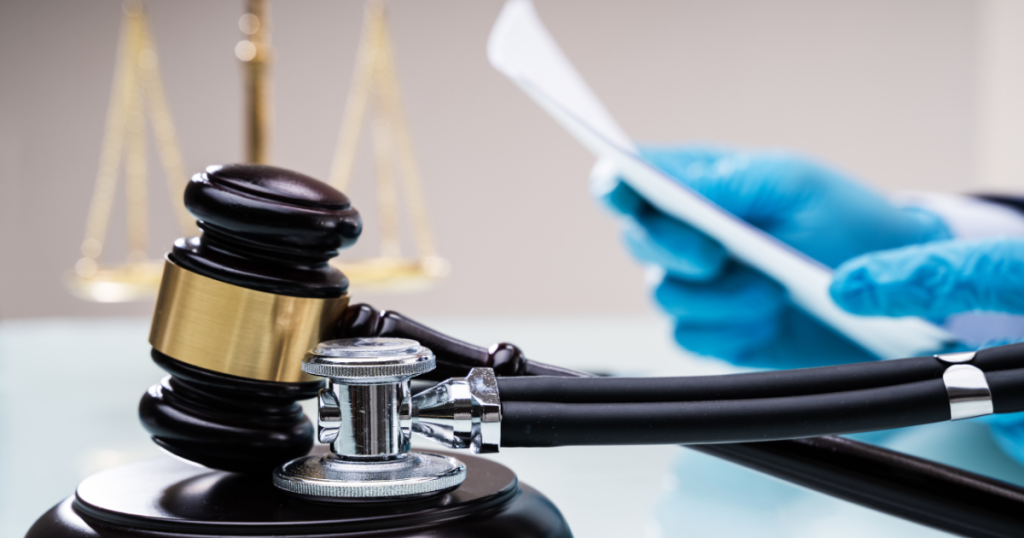Now Reading: Law Facts You Should Know About Bail
-
01
Law Facts You Should Know About Bail
Law Facts You Should Know About Bail
Bail is perhaps one of the most common legal terms that almost everyone knows. It is a legal procedure that helps a person charged with a criminal offence to stay out of jail while waiting for the trial. Even though the procedure sounds pretty simple, you would need the help of David Genis Criminal Defense Lawyer to ensure your bail. But before you go on hiring a defense lawyer to fight for you, check the following section of this article to find out the basic facts about bail hearings.
What Happens During Bail Hearings?
In the hearing, the crown presents the allegations against you to the court. More often than not, the crown reads out the allegations to the court from the police synopsis. Along with presenting the allegations, the crown can also call on witnesses to the stand. Most of the time, the lead investigator of the crime serves as the witness in the bail proceedings.
Once the allegation of the crown is presented to the court, the defense lawyer of the accused person would have the chance to offer evidence on behalf of the accused. In most cases, the defense lawyer, or the duty counsel, brings a potential surety, or the accused, or sometimes both to testify in the court.
The number of potential surety for an accused depends on the severity of the crime or on the defendant. The defense council generally tries to convince the court that the person would maintain all the laws and regulations related to bail if he or she is awarded one. The defense lawyers also ensure that the sureties would keep an eye on the activities of the defendant to make sure they are following the law.
After submitting the evidence to the court, both the lawyers present arguments to the court. Once that’s done, the judge decides whether to keep the person in jail or to release him/her on bail.
Why do Police decide to Bring A Person to Bail Court?
The police consider different factors while deciding whether keeping a person in jail is better than releasing him on bail. The police officers check the past criminal records of the person and consider whether the accused can influence the investigation process if he gets the bail. If the police is determined to take the person to the bail court, then they would be holding the person for bail.
Does the Accused have To Prove To The Court Why They Should Get The Bail?
No. Sometimes, it is the crown who has to offer evidence to explain why the police want the person in jail. It mostly depends on the charges of the accused and the other factors. For example, whether the person was out on bail for some other crime at the time of their arrest.
What Are The Responsibilities of a Surety?
David Genis Criminal Defense Lawyer points out that the person who testified as the surety has to make sure that the accused attends the court without fail. The surety also has to make sure that the accused is following the rules and regulations of the bail.
Does The accused Have to Deposit Money To get The Bail?
In some of the cases, the accused do have to deposit some money to avail the bail. If the accused,
- Is not a resident of Ontario,
- Or lives more than 200 Km away from the place they are in jail;
They would need to deposit the cash with the court to get the bail.
However, in some cases, it is likely for the accused to affirm a sum of money to the court without even making any deposits. This affirmation is known as a recognizance. If the accused breaks so much as a single bail condition, or does not show up in the court, the accused or the surety has to pay some or all of the money they promised as a recognizance.
What Are The Conditions That An Accused Has to Follow Once He/She Is on Bail?
The bail conditions are simple rules that the accused has to follow while they are out on bail. Even though the bail conditions vary from person to person, they are often dependent on the crime for which the accused is facing charges.
For example, if the accused is facing assault charges, the conditions will include:
- Not to get in touch with the alleged victim
- Not to go to the alleged victim’s workplace, home or school,
- Not to possess weapons of any kinds.
If the accused is given a bail with a guarantee, they would have to live with their guaranty. Also, the alleged accused must attend to the court when and if required.
Can You Change the Bail Conditions?
Yes. It is known as bail variations. However, the variations can be changed if and only if the crown agrees to the changes. The change can also be applied if the alleged accused appeals to a higher court and that court order the changes. To change the bail conditions, the alleged accused should get in touch with his or her defense lawyer.
There is no doubt that getting bail is not an easy affair. You would need the experience of the David Genis Criminal Defense Lawyer to get the bail while you wait for the trial. So, it is better to get in touch with an experienced lawyer if you want to get that bail.








